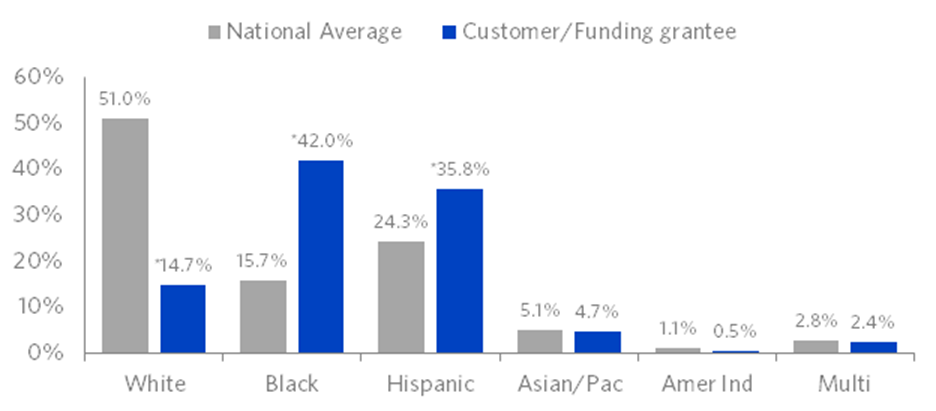New Research Project Evaluating the Impact of EVERFI’s WORD Force Program on Early Literacy Skills

Empirical Education and EVERFI from Blackbaud are excited to announce a new partnership. Researchers at Empirical will evaluate the impact and implementation of the WORD Force program, a literacy adventure for K-2 students.
The WORD Force program is designed to be engaging and interactive, using games and real-world scenarios to to teach students key reading and literacy skills and understand how to use them in context. It also provides students with personalized feedback and support, allowing them to work at their own pace and track their progress.
We will conduct the experiment within up to four school districts—working with elementary school teachers. This is our second project with EVERFI, and it builds on our 20 years of extensive experience conducting large-scale, rigorous randomized controlled trial (RCT) studies. (Read EVERFI’s press release about our first project with them.)
In our current work together, we plan to answer these five research questions. 1. What is the impact of WORD Force on early literacy achievement, including on spoken language, phonological awareness, phonics, word building, vocabulary, reading fluency, and reading comprehension, for students in grades K–2? 2. What is the impact of WORD Force on improving early literacy achievement for students in grades K-2 from low- to middle-income households, English Language Learner (ELL) students, by grade, and depending on teacher background (e.g., years of teaching experience, or responses to baseline survey about orientation to literacy instruction)? 3. What is the impact of WORD Force on improving early literacy achievement for students in grades K-2 who struggle with reading (i.e., those in greatest need of reading intervention) as determined through a baseline assessment of literacy skills? 4. What are realized levels of implementation/usage by teachers and students, and are they associated with achievement outcomes? 5. Do impacts on intermediate instructional/implementation outcomes mediate impacts on achievement ?
Using a matched-pairs design, we will pair teachers who are similar in terms of years of experience and other characteristics. Then, from each pair, we will randomize one teacher to the WORD Force group and the other to the business-as-usual (BAU) control group. This RCT design will allow us to evaluate the causal impact of WORD Force on student achievement outcomes as contrasted with BAU. EVERFI will offer WORD Force to the teachers in BAU as soon as the experiment is over. EVERFI will be able to use these findings to identify implementation factors that influence student outcomes, such as the classroom literacy environment, literacy block arrangements, and teachers’ characteristics. This study will also contribute to the growing corpus of literature around the efficacy of educational technology usage in early elementary classrooms.
For more information on our evaluation services, please visit our research services page and/or contact us.
All research Empirical Education has conducted for EVERFI can be found on our EVERFI webpage.

